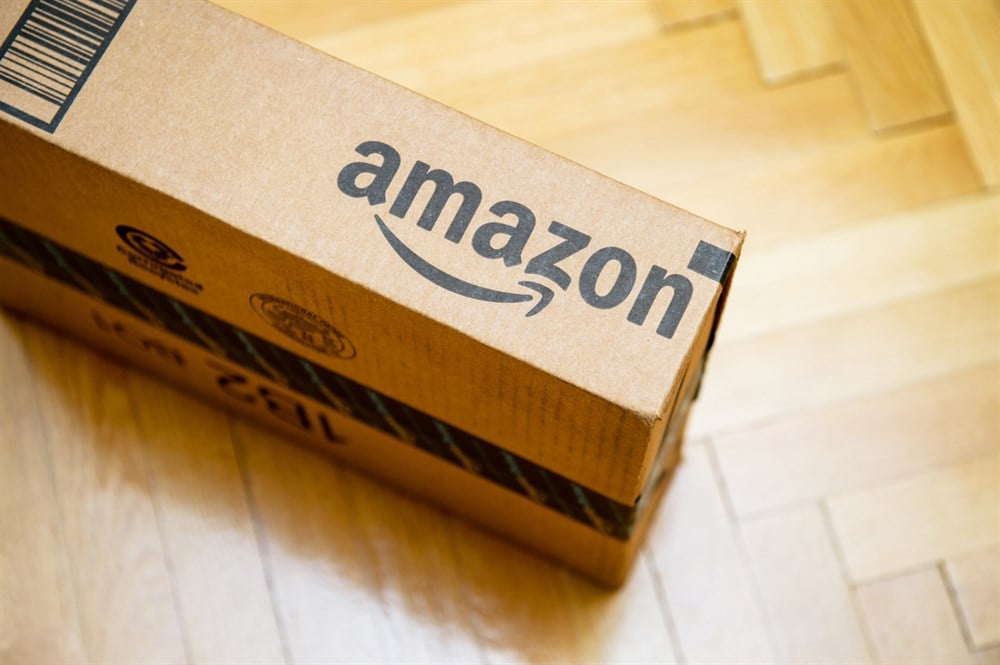
The hot word of the day for technology companies across the industry spectrum is artificial intelligence focusing on creating user-friendly responsive chatbots that can successfully compete with ChatGPT and its capabilities. Once Microsoft (NASDAQ: MSFT) expressed its interest in the technology by investing a rumored USD 10 billion to acquire OpenAI's latest creation, other participants in the space figured they could create a ChatGPT of their own and look to receive similar valuation ranges shall they see a successful product launch.
The genie is now out of the bottle as companies like Alibaba Group (NYSE: BABA) and Baidu (NASDAQ: BIDU) have reported their attempts at rivalry within the artificial intelligence tool wave. However, despite the hype and focus around the subject, Amazon.com (NASDAQ: AMZN) has decided to resist the urge and focus on business fundamentals, among other tailwinds that can benefit stakeholders more directly (and timely) of the online commerce giant.
Amazon's Focus on Value Creation
Despite 2022 bringing shareholders a total revenue increase of 83% over the revenue figures reported for 2019, operating margins at Amazon.com have declined from 5.2% in the pre-pandemic fiscal reporting period down to 2.4% as of the last reported financials. New Amazon CEO Andy Jassy has taken notice of this trend, attributing it to increased costs across all operating segments of the company. For example, fulfillment centers saw their costs as a percentage of revenue increase from 2021 to 2022 by 0.4%, technology and content by 2.3%, sales and marketing by 1.3%, and general and administrative by 0.4%.
The combination of labor shortages, increased demand across all segments, and rising wage pressures all attributed to the compressed operating margins for the company, an issue looking to be tackled by Jassy.
Earlier this week, CEO Andy Jassy released his second annual shareholder letter as a CEO. Within it, he emphasized the importance of revenue expansion moving forward within the company's online commerce segment and the Amazon Web Services (AWS) business, both of which carry long-term tailwinds and market share gaps to be filled.
As a first cost-cutting angle, Jassy points to the overall 270,000 jobs eliminated from the company accruing to significant labor cost reduction and a focus on efficiency and productivity rather than workforce size. Regarding fulfillment centers and networks, the company is more focused on optimization and streamlining as it has moved to form a national fulfillment network to a regionalized network model in eight interconnected regions.
Finally, speaking to achievements during one of the most challenging macroeconomic environments faced by Amazon, the firm's last-mile transportation network is now the size of UPS which translates to doubling its fulfillment center footprint in only two years.
While these achievements and focus points have accrued to a five-year revenue compounded average growth rate (CAGR) of 17%, Jassy is still committed to making "big bets" for Amazon despite also balancing a simultaneous mission to reduce operational costs and increase margins for shareholders.
Shares of the conglomerate have declined to 64% of its 52-week high price and 54% of its five-year high price on the back of bearish sentiment stemming from decreased free cash flows and cyclical slowdowns pending in discretionary consumer spending. Increased capital expenditures toward AWS and machine learning advances have compressed free cash flow figures.
At the same time, businesses took a second look at their budgets for AWS services amid slowing economic activity.
Big Bets yet to be Priced Into the Stock
The decline in Amazon's stock price over the 2020-2022 period reflected the fears of economic slowdowns and compressing operating and net margins for the firm. These fears were priced into the stock before their realization. Today's price tells investors a completely different story from what is brewing behind the scenes.
In the latter half of the shareholder letter, Jassy points out that Amazon's international consumer segment is driving revenue significantly. The U.K. showcases 30% CAGR, 26% in Germany, and 21% in Japan (Ex. any FX adjustments). International activity brings not only diversification for the company's revenues but also exposure into (as pointed out) higher-growth regions. Further investments have been made within India, Brazil, Mexico, and other EMEA plus APAC nations.
Amazon has also reportedly joined the generative artificial intelligence space, aimed to serve its cloud customers and assist as a marketplace for A.I. tools from other companies. For example, AWS now offers a service called "Bedrock," which is part of a language model capable of generating blog posts and other marketing-focused content, proposals, and other helpful communication streamlining tasks allowing customers to create more value from their memberships.
Apart from all of the new and exciting features that Amazon proposes for the future, two significant tailwinds are at play, giving analysts confidence in assigning a 43% upside to the stock. First, approximately 80% of retail spending is still done through physical locations, and 90% of corporate technology spending ends up in on-site hardware and data centers, pockets that Amazon seeks to replace with AWS tools. As the stock finds a bottom around the $90-$100 range, investors can consider these developments as catalysts to justify such attractive upside potential.